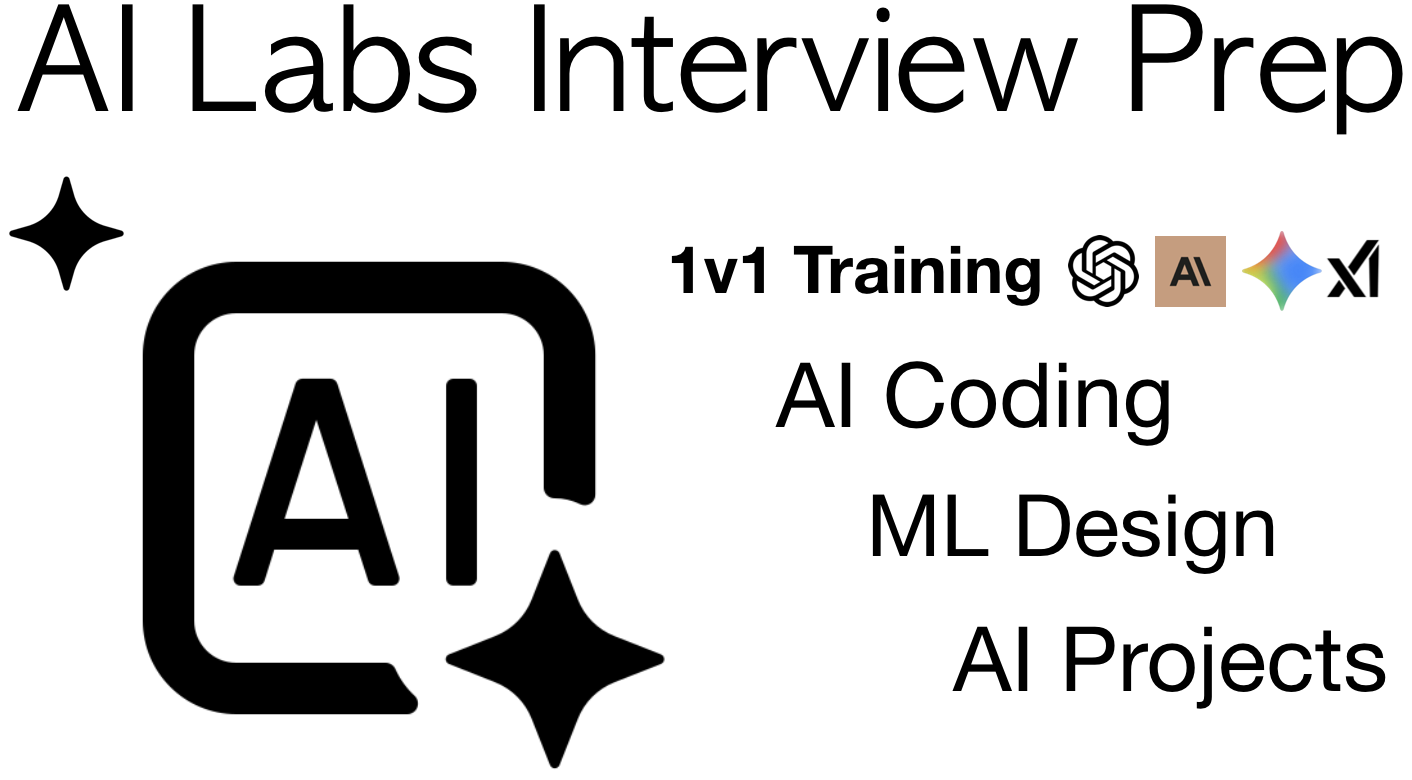Find Area of Room with Robot
Facebook Interview Google Interview Graph DFSThere is a robot in a room. The initial location of the robot is unknown. The shape or area of the room is unknown.
You have a remote that could walk the robot into any of the four directions - up, left, down or right. Here is the move method:
boolean move(int direction)
direction: {0: up, 1; left, 2: right, 3: down}
If the robot hits the wall, the method returns false.
Otherwise returns true and the robot moves on to the direction given.
Find out the area of the room.
e.g.
X
XXXX
XX
'X' marks the floor plan of the room.
A room as above has an area of 10.
Solution
This is a graph traversal problem. Either BFS or DFS could work to scan through the room.
The trick is when initial location is unknown, mark it as (0, 0) in a 2D grid.
When robot goes left: (x - 1, y)
When robot goes right: (x + 1, y)
When robot goes up: (x , y + 1)
When robot goes down: (x , y - 1)
How to store the visited locations with this setup?
There are two ways:
Rewrite the equals function for Point into whenever point1.x == point2.x && point1.y == point2.y return true for point1.equals(point2).
II. Have a HashMap<Integer, HashSe<Integer>>;
{
x1 : {y11, y12, y13},
x2 : {y22},
x3 : {y31, y32}
}
A map like above marks the visited nodes (x1, y11), (x1, y12), (x1, y13), (x2, y22), (x3, y31) and (x3, y32).
Both methods support finding a visited node in constant time.
Implementation
With the robot setup in the question, it is best to go with DFS since it’s easier to move the robot around with DFS. Remember to move the robot back to the node which it comes from after each round of searching.
public class AreaOfRoom {
Robot robot;
//x, y is the current location of the robot
//from is the last step taken
//map<x, set<y>> marks the places visited
public int getArea(int x, int y, int from, Map<Integer, Set<Integer>> room) {
if(room.containsKey(x) && room.get(x).contains(y)) { //if this place was visited
robot.move(moveBack(from)); //turn robot back
return 0; //add 0 to total area
}
//mark current place visited
if(!room.containsKey(x)) room.put(x, new HashSet<>());
room.get(x).add(y);
int area = 1;
if(from != 0 && robot.move(moveBack(0))) {
area += getArea(x, y - 1, 0, room);
}
if(from != 1 && robot.move(moveBack(1))) {
area += getArea(x + 1, y, 1, room);
}
if(from != 2 && robot.move(moveBack(2))) {
area += getArea(x, y + 1, 2, room);
}
if(from != 3 && robot.move(moveBack(3))) {
area += getArea(x - 1, y, 2, room);
}
//having got the areas around the current location, walk robot back to where it was from
robot.move(moveBack(from));
return area;
}
private int moveBack(int from) {
if(from == 0) return 2;
if(from == 1) return 3;
if(from == 2) return 0;
return 1;
}
}
Get one-to-one training from Google Facebook engineers
Top-notch Professionals
Learn from Facebook and Google senior engineers interviewed 100+ candidates.
Most recent interview questions and system design topics gathered from aonecode alumnus.
One-to-one online classes. Get feedbacks from real interviewers.
Customized Private Class
Already a coding expert? - Advance straight to hard interview topics of your interest.
New to the ground? - Develop basic coding skills with your own designated mentor.
Days before interview? - Focus on most important problems in target company question bank.




